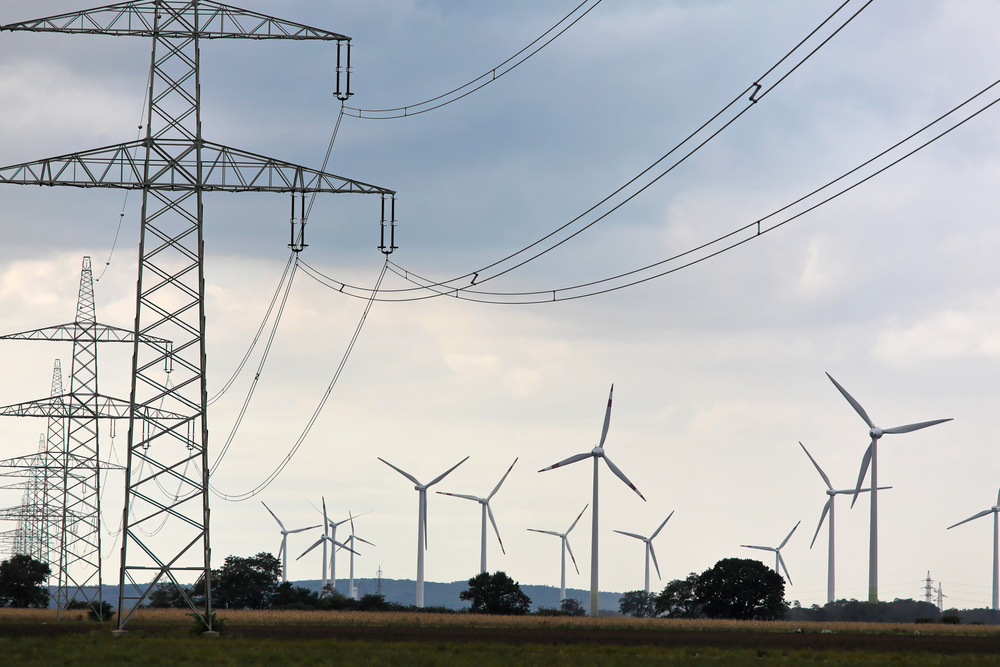Interactive Investor is reviewing the status of BlackRock’s clean energy ETF as one of its ‘ACE 40’ ethical funds following recent changes to its underlying index.
The $4.9bn iShares Global Clean Energy UCITS ETF (INRG) and iShares Global Clean Energy ETF (ICLN) currently feature as low-cost options within the specialist category of Interactive’s ACE 40 list of rated ethical investment products.
However, the underlying index that both funds track – the S&P Global Clean Energy index – is expected to see changes during its reshuffle in April following consultations with investors on 4 and 12 March.
Subject to change before the reshuffle, amendments to the S&P Dow Jones Indices (SPDJI) benchmark include expanding its number of constituents from 30 to 100 and broadening the criteria for inclusion to cover firms with ‘significant’ and ‘some’ clean, rather than just clean energy pure plays.
Such proposals will allay some investor concerns around concentration and longer-term liquidity risks, though a recent report by Société Générale highlighted new and existing concerns which the proposals do not address.
For instance, there is the issue of immediate liquidity risk at the point where ETFs rebalance to track the adjusted SPDJI index. In doing this, ETFs such as INRG will have to reduce their overweighted positions in illiquid, small-cap stocks, many of which SocGen predict will take over a month to clear.
The more pressing issue for Interactive Investor, though, are the SPDJI definitions regarding clean energy exposure.
SPDJI could hold an additional consultation to discuss broadening its list of accepted clean energy sources, SocGen noted, but warned that its process of classifying what it sees as clean energy exposure is currently too subjective.
The upshot is the clean energy index will move away from its clean energy pure-play exposure and include companies deriving revenues from other sectors – though the extent of this shift will depend on potential definition changes.
In turn, these adjustments could represent what Interactive Investor describes as a ‘yellow card’ event. These events include methodology changes, fund manager moves, and major re-ratings which may result in a formal review of a security’s inclusion within the company’s ACE 40 ranking.
Speaking on BlackRock’s clean energy ETFs, Dzmitry Lipski, head of fund research at Interactive Investor, said the ETFs have seen significant inflows pushing their valuations to extreme levels.
“Given the concentrated nature of the S&P Global Clean Energy index and the mid-small cap focus, the huge inflows heightened the liquidity risks of the underlying 30 stocks.
“So, while these proposals look sensible, given the proposed changes to the index methodology, we will review how this change will impact the underlying portfolio exposure and whether it will continue to be the best option for investors in the clean energy sector,” Lipski concluded.
Further reading





